Aldo Leopold’s “Land Ethic”
You know of Thoreau and of John Muir,
Protecting land, sea and air;
We also place among these greats,
Aldo Leopold’s “Land Ethic” care.
© F.W. Heaton January 2018
This post deals with a major aspect of U.S. environmental conservation: creating the energy needed for the working/living of our 325 million people at an acceptable financial cost while protecting our land, sea and air from pollution/degradation. This is not an easy task but it can be done. The U.S. accounts for 4% of the world’s population yet consumes 18% of the world’s energy production, most of it from the oil, gas and coal industries. Every day the sun’s nuclear reaction in the sky could provide over ten times our nation’s daily energy needs, yet renewable energy (chiefly solar and wind) remains on our back burner, so to speak. While China is on track to completely replace its fossil fuel based energy production with renewable energy, chiefly solar, our nation’s current administration has just announced the roll back of environmental regulations, opening over a billion acres of surrounding waters to oil and gas exploration! This is in addition to fracking our land for additional natural gas. These are egregious errors that need to be fixed. Rather than voting into power men and women in federal/state/local administrations/legislatures who support this policy direction, we need the opposite: men and women who accept the science of climate change, wish the U.S. to become the world leader in replacing fossil fuel based energy with renewable energy, support our role as a leader in the Paris Climate Agreement, and work for U.S. leadership in worldwide environmental conservation.
Enter Aldo Leopold. Aldo Leopold was born 11 January, 1887. We write this blog post to celebrate his 131st birthday! Leopold is one of the fathers of the American environmental movement, becoming an accomplished author, environmentalist, conservationist, ecologist. His book, A Sand County Almanac (1949), helped open the way for fresh thinking about our treatment of our land, sea and air. Rick Smith, my college roommate, a widely recognized educator/consultant in national park systems, and author of the Forward to our book The National Park Service Turns One Hundred (2016), credits Leopold’s A Sand County Almanac as one of the most important books influencing his choice of profession/life’s work. If you’ve not already read Leopold’s book, we hope you’ll include his book in your 2018 reading. If you find yourself in agreement with his thinking and wish to further promote his causes, you might consider participating in Aldo Leopold Foundation activities and/or donating to the Foundation or organizations such as Earthjustice, the Natural Resources Defense Council and the National Parks Conservation Association which are all on the front lines of this battle every day. The more people involve themselves in Leopold’s and his Foundation’s work, the more they feel that “living the ‘Land Ethic’ is as much a state of mind as it is a geographic location.”
We’ll leave you with a quote from A Sand County Almanac: “Conservation is getting nowhere because it is incompatible with our Abrahamic concept of land. We abuse land because we regard it as a commodity belonging to us. When we see land as a community to which we belong, we may begin to use it with love and respect. There is no other way for land to survive the impact of mechanized man, nor for us to reap from it the esthetic harvest it is capable, under science, of contributing to culture. That land is a community is the basic concept of ecology, but that land is to be loved and respected is an extension of ethics. That land yields a cultural harvest is a fact long known, but latterly often forgotten.”

